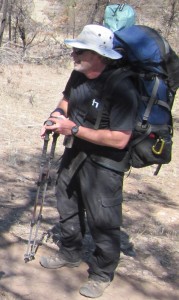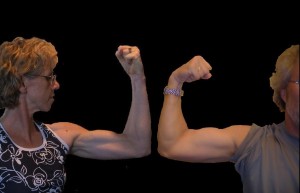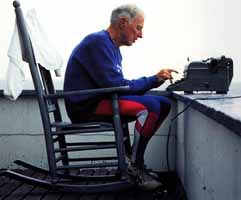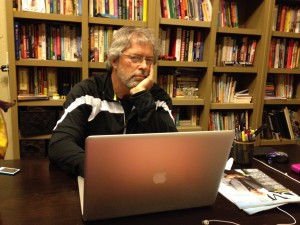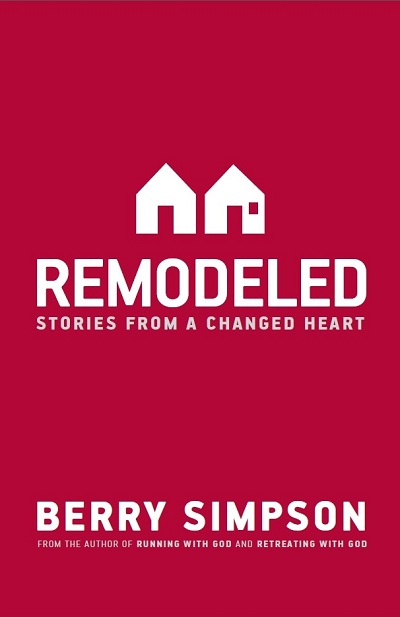Let me be clear: this journal entry began with me being a wind wuss last Sunday afternoon, and continued with my attempt at redemption by riding Monday evening.
It was windy Monday evening, too. I tried to find something to contemplate besides discomfort by listening to a podcast about how God speaks to us. I should add, though, my thoughts tend to scatter with the gusts.
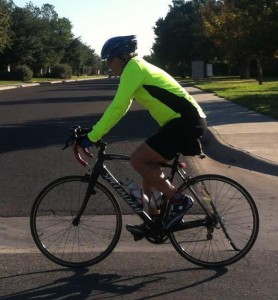
Last week a young man told me he knew he was physically healthy, but his spiritual health was sinking, and his life was not going well because of it. I believe even his awareness of a need for spiritual health was God speaking.
Moses once asked God directly, “Now show me Your glory.” I wrote in the margin of my Bible: “Would God have shown Himself if Moses hadn’t asked?”
Now that’s a good question if I say so myself. I think, for the most part, God won’t show Himself until we ask Him. Unless He wants to surprise us.
Lately I’ve made several rides over 40 miles; just a few beginning steps onto the comeback trail. All this after (1) last year’s grounding due to injury #1, which was due to a crash; and (2) last year’s abortive comeback attempt when I tried to do too much too soon, which resulted in injury #2.
I’m much better now.
However, it seems the last 10% of every ride, regardless of distance, is when I feel tired and weary. Maybe I should limit my rides to 90%?
In the movie, Music Within, a professor told the main character, Richard Pimentel, to “come back when you have something to say.” Curiously, he never found his message until he lost his hearing while fighting in Vietnam. Personal damage gave him his voice.
So would the Apostle Paul’s voice have been as strong without his “thorn in the flesh?” Did he need that disability to have depth?
Would his message of grace have been so rich if not for Paul’s background as chief persecutor of the church?
Thinking about the lesson I taught Sunday morning from Proverbs 8-9, why is there a voice of folly that competes against the voice of wisdom? Wouldn’t our lives be so much simpler if wisdom was the only voice?
But without folly, or evil, there would be no choice in how to live, and without the ability to make choices, there would be no love.
God wants us to love Him more than anything else. So He gave us a choice.
What does the Bible mean when it says “He who is faithful in little is faithful in much” except to tell me to be faithful with small decisions?
I cancelled my Sunday afternoon ride with the cycling club because of high winds; I’m guessing 25-30 mph with gusts. But in my defense I rode 40 miles the day before with Cory, and my main goal for Sunday was to join the group ride and feed my social side, but there is nothing social about riding in wind like that. Even if you wanted to talk to each other you wouldn’t be able to hear. And to top it off, to put the last link in my chain of reasoning, the wind had picked up most of the Texas Panhandle red dirt and filled the skies with it. I stayed home and off my bike.
It doesn’t get easier with age, the nagging fear that what seems like a reasoned decision not to ride is actually another bout of self-indulgent chickening out. I’m good at convincing myself I did the right thing, but still, often fear I don’t.
George Sheehan once wrote this about running: “I have a love-hate relationship with hills. I hate running up hills, but love the feeling of accomplishment I get when I reach the top. I hate the pain going up, but I love the relaxed sprint down.”
We don’t have enough hills around here to have a relationship, but we do have wind. It’s time for me to focus on the “love” part of this equation with regard to wind, and stop whining.
“I run in the path of Your commands, for You have set my heart free.” Psalm 119:32
I need your help. If you like this, please share with your friends. You can find me at www.berrysimpson.com, or www.twitter.com/berrysimpson, or http://www.facebook.com/berry.simpson








